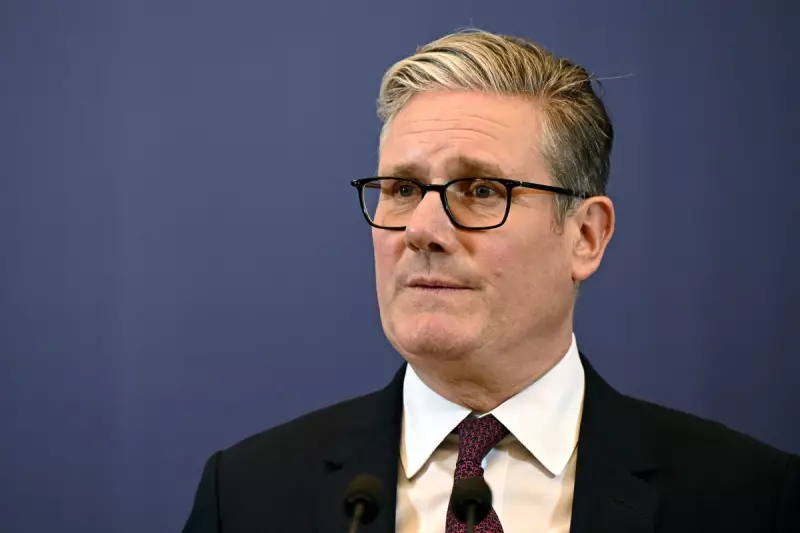
In a dramatic political manoeuvre that signals a significant shift in UK governance, Prime Minister Keir Starmer has journeyed north to Edinburgh for high-stakes discussions with Scottish First Minister John Swinney. This landmark meeting represents Starmer's first official engagement in Scotland since entering Downing Street, marking a decisive break from previous administrations' approaches to Scottish relations.
A New Chapter in London-Edinburgh Relations
The newly elected Prime Minister's decision to personally travel to Scotland rather than summon Scottish leadership to Westminster speaks volumes about his commitment to resetting the often-fractious relationship between the two governments. Political analysts are hailing this as a symbolic gesture of respect for Scotland's devolved powers and a clear departure from the confrontational tactics that characterised previous Conservative administrations.
"This isn't just a photo opportunity," observed one senior government source. "The Prime Minister recognises that effective governance requires genuine partnership between London and Edinburgh, not perpetual conflict."
Building Bridges Beyond Constitutional Divides
Despite fundamental disagreements on Scotland's constitutional future—with Starmer firmly opposing independence while Swinney's SNP continues to advocate for it—both leaders have emphasised their determination to find common ground on practical issues affecting Scottish communities.
The agenda for their discussions reportedly includes:
- Economic growth strategies for Scotland
- Cooperation on renewable energy initiatives
- Addressing the ongoing cost-of-living crisis
- Improving cross-border infrastructure projects
- Streamlining delivery of public services
Political Implications and Strategic Calculations
Starmer's outreach carries significant political weight. With Scottish Labour securing only two parliamentary seats in the recent general election despite Labour's landslide victory across England and Wales, the Prime Minister faces pressure to rebuild his party's presence north of the border.
Meanwhile, Swinney navigates complex political waters—seeking to demonstrate effective leadership for Scotland while maintaining pressure for independence, despite Westminster's continued resistance to another referendum.
"Both leaders have much to gain from successful cooperation," noted Professor Eleanor McIntyre, a political scientist at Edinburgh University. "Starmer needs to show he can govern the entire United Kingdom effectively, while Swinney must prove the Scottish Government can deliver tangible benefits for citizens, regardless of constitutional arrangements."
The Path Forward: Cooperation or Conflict?
This Edinburgh summit represents more than mere political theatre—it potentially marks the beginning of a new era in intergovernmental relations. The tone and outcomes of these discussions could set the pattern for how the UK and Scottish governments collaborate—or clash—over the coming parliamentary term.
As both leaders face their respective political challenges, their ability to find productive ways to work together despite fundamental disagreements may well define their legacies and shape the future of the United Kingdom itself.





